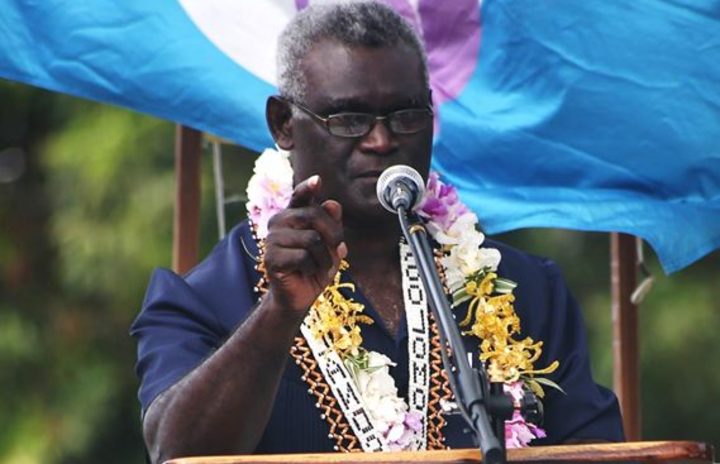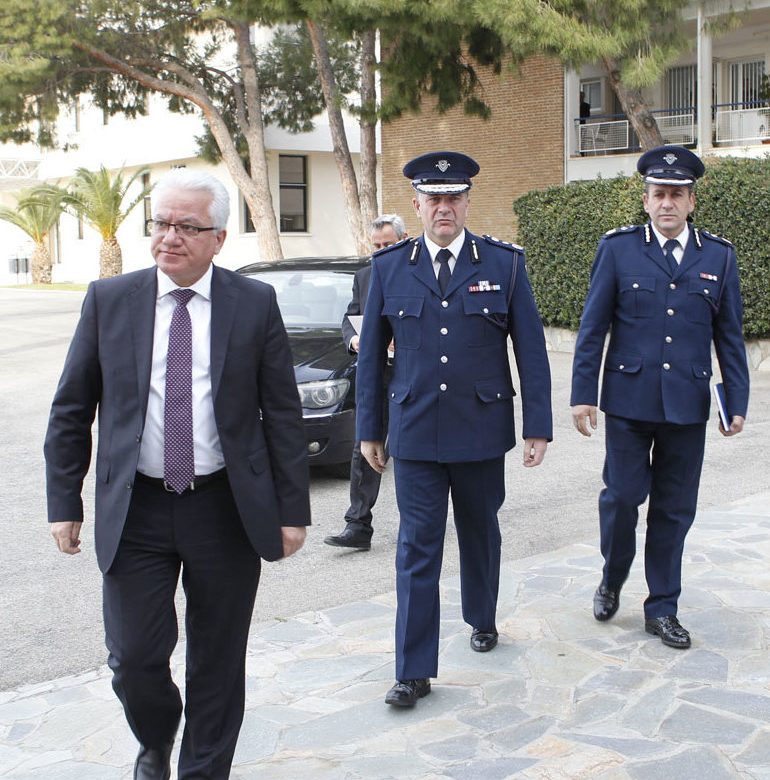Nicolaou wants anti-corruption bills approved by House early next month
This material belongs to: CyprusMail.
Justice Minister Ionas Nicolaou said on Sunday that the package of bills to combat police corruption tabled at the House should be approved by the beginning of October.
“This is a package of bills that has been deposited in the House, where the debate has been completed. Members of the Legal Affairs Committee have some comments and in the coming days I will attend a committee meeting to discuss them. I believe that after this session the bills will be forwarded to parliamentary groups and plenary,” the minister said on his website.
“I hope that by the beginning of October the bills will be approved, so that the establishment of the Internal Audit Service of the police will proceed immediately.”
Nicolaou said the Chief of Police had already pledged that it would be put into operation immediately, adding that his ministry and the police brass had identified and ascertained through reports, studies and research that “indeed there is an issue of corruption that we must deal with”.
“This is a timeless problem for the police, for which the measures taken in the past seemed to be ineffective and for which this government dared to prepare a package of bills to help prevent and deal with it,” he said.
In addition, another package has been prepared for a National Anti-Corruption Strategy, which has been approved by the cabinet, and includes the police aspect. The strategy includes the state mechanisms in general, as well as the private sector.
“The effort is for all government agencies to work together to create such procedures and measures that will act as a deterrent to any attempt at corruption from wherever it comes,” said Nicolaou.
The bill that encourages whistleblowing and offers protections has also been tabled “because, as we can see from experience, only if some people are encouraged to testify, we will continue to face this phenomenon”.
Asked about the form of the Internal Audit Service and how could be effective, Nicolaou said that in the past – in 2009 – an investigatory body for corruption-related issues which, due to a lack of substantial powers, did not yield the desired results.
“As an opposition party at the time, we had warned that solid mechanisms must be created with effective powers. Unfortunately, we were not listened to at that time, and that’s why we have now set up a service that has those effective legal powers, and safeguards to enable it to operate without interference,” he added.
Solomons PM vows to pass revised anti-corruption bill

This material belongs to: RNZ.
Solomon Islands‘ prime minister Manasseh Sogavare has lashed out at his critics and vowed to pass a revised anti-corruption bill during the next sitting of parliament.
Mr Sogavare received widespread criticism this week when he withdrew a much anticipated anti-corruption bill which he tabled in 2016 only to have it stall after its first reading.
The opposition group voted against its withdrawal calling it a slap in the face of Solomon Islanders standing against corruption.
Manasseh Sogavare has accused them of being against the strengthening of the proposed legislation, which was the reason he gave for its withdrawal.
Koroi Hawkins has been following the story and spoke with Johnny Blades who began by asking him about the anti-corruption bill itself.
KOROI HAWKINS: Basically it is the flagship bill of his promise when he was elected as prime minister in 2014. He promised Solomon Islanders that he would take the fight to corruption. He would bring in legislations, regulation that would make corruption at least harder to do or bring in stronger punishments for corruption. And he had widespread support for this. Like he was really supported by civil society, members of the public when he brought it in. But it is just he has found hard since he brought it to parliament last year to get it through.
JOHNNY BLADES: If passed what changes would the law have brought in?
KH: So it is part of a few pieces of legislation there is a whistleblowers bill which is in parliament, he hasn’t withdrawn that, there is an ombudsman’s bill which has been passed and this one was to bring in the framework for the establishment of an independent commission against corruption. So that was what the bill was supposed to have achieved if it had been passed. But he has now withdrawn it from parliament supposedly to bring it back stronger and pass it in the next sitting. Which is what he is promising now.
JB: So is corruption a really big problem in Solomon Islands?
KH: It has been described as systemic so it is part of almost the fabric of the way society works. So there has been references to the wantok system that is the system of caring for your blood your family your tribe and that being part of the way at a social and cultural level Solomon Islands’ works. When it comes to official appointments, official systems it translates to corruption or networking people would call it in different places. But I was there I went over in June for the withdrawal of the Regional Assistance Mission to Solomon Islands and spoke with some of the foreign business owners there and they said it was almost an expectation that you had to do something for someone in a place of power in a position where you needed something from them in government in order to get what you wanted done in good time. Or even you could jump the queue by doing that and so businesses just do it.
JB: It is just the way things happen?
KH: Yes it is just business as usual the way he said it. And he was quite open about it and the way that people were openly talking about corrupt practices sort of point to it actually being a problem that needs to be regulated for that needs stronger legislation to try and curb it and I guess this is what people are hoping this new law if it is brought back to parliament if it is passed will achieve.


